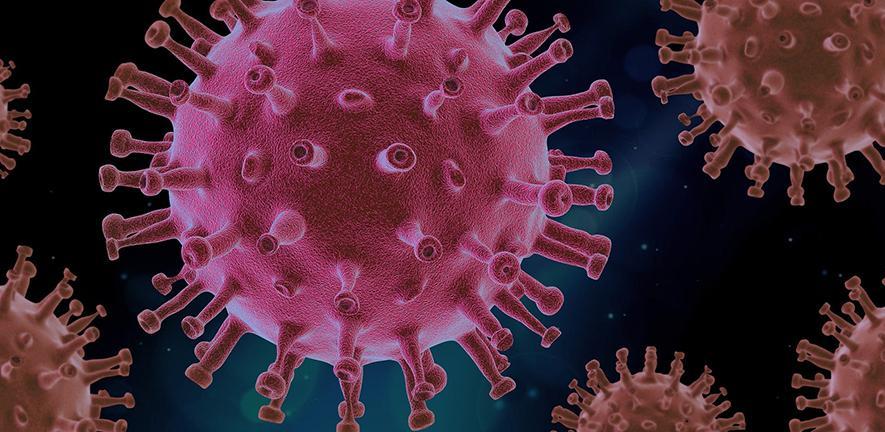
Submitted by Dr T. Dougan on Mon, 11/05/2020 - 12:53
"[Repurposed drugs] will have already been shown to be safe and so, if they can now be shown to be effective in COVID-19, they could be brought to clinical use relatively quickly"
Anthony Davenport
Repurposing existing medicines focused on known drug targets is likely to offer a more rapid hope of tackling COVID-19 than developing and manufacturing a vaccine, argue an international team of scientists in the British Journal of Pharmacology.
Since the emergence of the SARS-CoV-2 virus in late 2019, more than 3.5 million people are known to have been infected, leading to over 240,000 deaths worldwide from COVID-19, the disease caused by the novel coronavirus. The race is on to find new drugs to treat COVID-19 patients and to develop a vaccine to prevent infection in the first place.
A team of researchers representing the International Union of Basic and Clinical Pharmacology today say there will be no ‘magic bullet’ to treat the disease and argue that a multi-pronged approach is needed to find new drugs. They caution that an effective and scalable vaccine is likely to take over a year before it can used to tackle the global pandemic.
When a virus enters our body, unless we have already developed immunity from previous infection or vaccination, it will break into our cells, hijacking their machinery and using it to replicate and spread throughout the body. Often, the symptoms we see are a result of our immune system fighting back in an attempt to clear the infection. In severe cases, this immune response can become overactive, potentially leading to a so-called cytokine storm, causing collateral damage to organs along the way.
“Any drug to treat COVID-19 will need to focus on the three key stages of infection: preventing the virus entering our cells in the first place, stopping it replicating if it gets inside the cells, and reducing the damage that occurs to our tissues, in this case, the lungs and heart,” said Professor Anthony Davenport from the University of Cambridge, one of the authors of the review.




